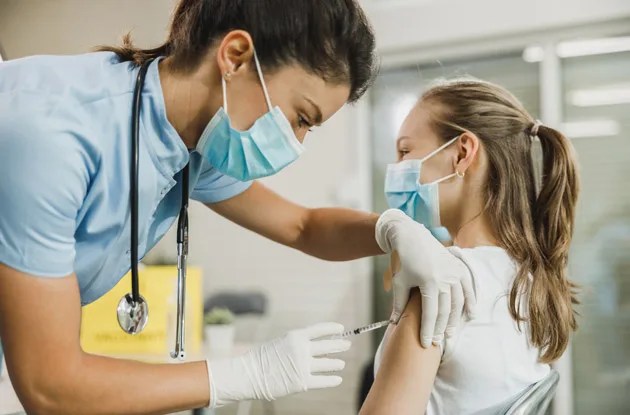Compounding pharmacies are an overlooked option for family healthcare. Parents looking for more personal service may consider customized medications for their kids.
From what’s being served for lunch in the school cafeteria to where our clothes are made, it’s hard to always know what’s in the products we use, or where they come from. Parents of kids with special needs or food allergies are particularly aware of this challenge. Filling their prescriptions at the pharmacy can come chock-full of even more hazards to navigate.
Commercial drugs can be packed with unnecessary fillers, inactive ingredients, dyes, preservatives, and allergens. Or they can be especially difficult to administer to children with sensory challenges or physical disabilities. Additionally, mainstream chain pharmacies are often not equipped to deal with specialty drugs, while other times commercial companies have discontinued making certain drugs that are still needed by some patients. That’s where compounding pharmacies come in.
A compounded medication is a drug that is not commercially available and has to be specially made by a pharmacist. Compounding has been around since the beginning of the concept of pharmacies-–the chemist grinding ingredients in a mortar and pestle—but it has made a resurgence in the past decade as families seek customized options that go beyond the cookie-cutter, mass-produced approach of mainstream healthcare.
A compounding pharmacist can isolate active ingredients in a medication and find a way to administer it in its purest form. Compounded medicine is often safer and more effective than its commercial counterparts, explains Robert Annicharico, a registered pharmacist and owner of The Compounding Facility at Delco Drugs in Staten Island. This is because compounding pharmacists often use natural-–or bio-identical-–ingredients, as opposed to highly synthesized chemical ingredients. For parents who want to get away from certain chemicals and potential toxins, compounding drugs is a way to achieve this.
If you are a parent looking for customized medications for your child, the first step should be speaking with a compounding pharmacist to understand all the possibilities regarding your child’s specific needs. Some common pediatric compounds include ice-pop antibiotic sticks, and a popular-but-discontinued medicated diaper rash cream. “To effectively advocate for your child, it is important to really understand all that is available,” Annicharico says. “Good care is intrinsic upon strong relationships between the parent, the physician, and the pharmacist.” Even the best doctors cannot be as informed about the possibilities of customized drugs and their active and inactive ingredients as a compounding pharmacist.
The Compounding Facility at Delco Drugs has been in business for more than 50 years. Annicharico bought the small, independent mom-and-pop shop eight years ago, and almost immediately he expanded the facility to specialize in pediatric pharmaceutical compounding. Compounding pharmacies are regulated by the State Board of Pharmacies, and Delco Drugs & Specialty Pharmacy is also accredited by the Accrediation Commission for Health Care (ACHC). Delco is licensed in five states, including New York, New Jersey, and Connecticut, and can fill prescriptions by phone and mail.
Annicharico works to get compounded medications covered by insurance. However, recent changes in the industry have reduced the amount of compounds covered. Nonetheless, the out-of-pocket cost of customized drugs from a compounding pharmacy frequently is less expensive than the co-pay on commercial drugs from chain pharmacies.
Being well-informed helps parents keep their kids healthy. So if your child has special needs, allergies, or difficulty taking medications–or if you simply want to know more about what’s in your medication–consider custom-made prescriptions from a local compounding pharmacy.





















